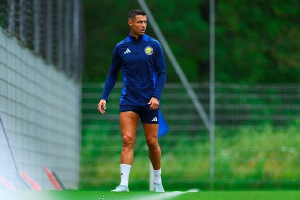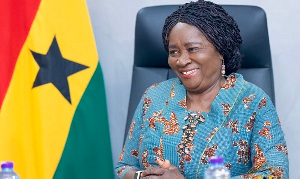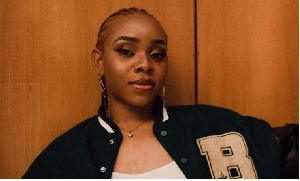Takoradi, Sept. 23, GNA - Participants at a day's forum on state financing of political parties have suggested to the Electoral Commission (EC) to ban political parties that do not comply with regulations governing their operations.
They noted that, "it will be too dangerous and questionable to sponsor political parties" that could not for instance render their financial statements or accounts to the EC as stipulated by law. If such funding should be supported by the state at all, it should be based on the actual performance of each party in the last elections.
The participants argued that it would not be proper to share such funds equally among the parties and said those, who qualify for assistance should be provided with equipment including vehicles and other logistics.
Should it become necessary for state support for such parties, a neutral body comprising representatives of the Electoral Commission (EC), Ghana Bar Association (GBA), political parties, the Government and the Media should be established to administer the fund.
The participants suggested that donor support for elections should be channelled through the neutral body to make the administration of such funds easier, fair and transparent.
They also called on supporters of the various political parties to support their parties financially to make them strong and effective. Mr Ebow Quarshie, a former GBA Chairman appealed to party supporters to watch their utterances and also avoid acts that could disturb the peace the country is enjoying.
He called on the EC and the National Commission for Civic Education (NCCE), to launch a sustained public education programme on the upcoming elections
Mr Quarshie advised politicians to avoid acts and utterances that tended to divide the Chieftaincy institution, adding, such institutions should be encouraged to unite Ghanaians.
Mr Richard Quayson, Regional Director of the Commission of Human Rights and Administrative Justice (CHRAJ) said political campaign messages of the political parties should help the electorate to understand the agenda of the parties
He however, noted that, suspicion among the political parties was making the work of the EC unnecessarily difficult and over stretching its resources.
Mr Quayson cautioned that it would be dangerous to allow political campaigns on the premises of some schools where most of the students are below 18 years.
Mr Quayson said the NCCE and the EC should be assisted to form more civic education and debating clubs in schools to enhance the civic responsibilities of students.
Mr King Addai-Darkwah, Deputy Western Regional Director of the EC said the final decision on dormant political parties would have to be taken in consultation with all stakeholders.
He said a critical look at existing laws governing the formation of political parties, their functions and responsibilities would be critically assessed and appropriate criteria chosen before the names of defaulting parties were removed from the register of the Commission. Representatives of the political parties, the media, religious organisations, heads of departments, Trades Union Congress and some women groups, attended the workshop. 23 Sept. 04
Politics of Thursday, 23 September 2004
Source: GNA












